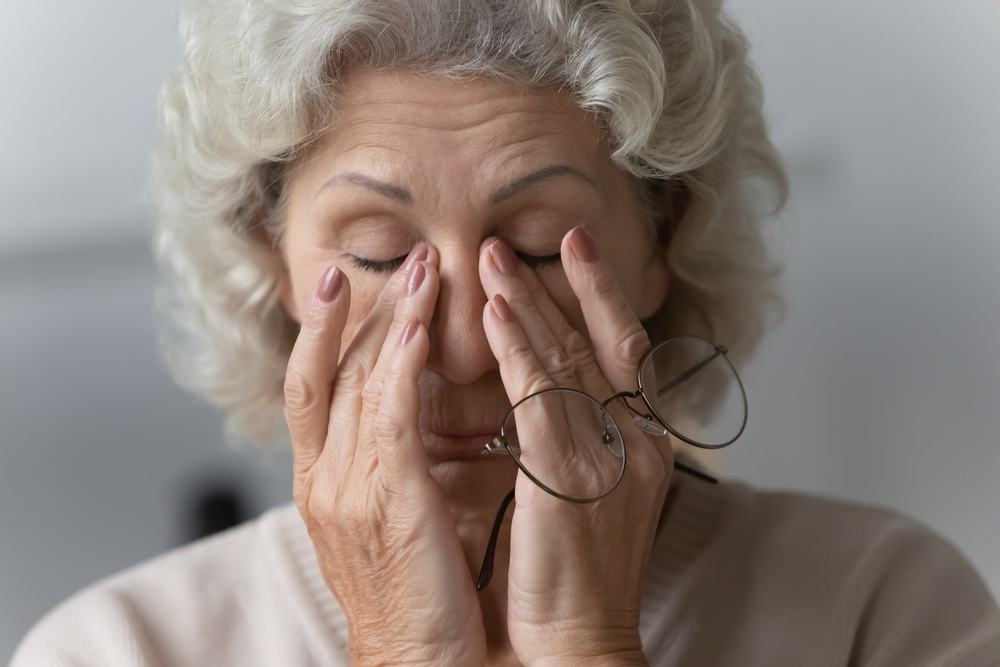Chronic obstructive pulmonary disease, or COPD as its more commonly referred to, is a fairly common disease, impacting 16 million Americans. It is a chronic inflammatory lung disease which makes it difficult for air to get in and out of the lungs.
The symptoms of COPD can include difficulty breathing, a bad cough, wheezing, and mucus production. COPD is usually caused by particulate matter, like that resulting from a large factory, or from cigarette smoke. There are many risk factors for COPD, including the capacity to develop other diseases such as heart disease and lung cancer.
Fortunately, COPD can be treated. With the right care, many with COPD get their symptoms under control and lead a good quality of life. Symptoms may not appear until there is damage to the lungs, and this gets worse with time. This is the list of symptoms:
Wheezing
Shortness of breath (especially when exercising, lifting, or climbing stairs)
Tight Chest
Respiratory infections
Cough with mucus
Lethargy
Signs of swelling in lower extremities
Unintended weight loss
COPD can also produce symptoms which are worse on some days than others. Because the main cause of COPD is smoking in the United States, doctors recommend ceasing to smoke right away if you are diagnosed. In other countries, other potential causes of COPD can include exposure to fumes from burning fuel.
Not everyone who smokes develops COPD, so be sure to talk to your doctor about it. Lung conditions are sometimes misdiagnosed as COPD.
Treating COPD can be done with medication. Bronchodilators are medicines which relax airway muscles, making them wider to ease breathing. These are often administered with an inhaler, which you be familiar with if you have ever known someone with asthma.
Some people might receive supplemental oxygen through a mask or portable oxygen concentrator to east breathing. Finally, your doctor can also work with you to devise an exercise regimen and a proper diet to help with the condition. While there is no specific diet recommended, nutrutious foods are recommended for overall strength, as well as lots of fluids to help thin mucus — at least six to eight glasses of water a day.
It is recommended to limit salt intake, as it can cause the body to retain water, which causes breathing to be harder.
Other types of medications include Corticosteroids, Phosphodiesterase-4 inhibitors, and Theophylline. These help with the chest tightness and airways in various ways. Some of them work to lower mucus production, making it easier to breathe as well. Some of these medications are available as pills.
Living with COPD long term is no walk in the park, but it can be done. You will not want to walk around a dusty construction site or do things that would otherwise cause your condition to worse immediately. Most people with COPD are over the age of 40, and it is a lifelong disease with no cure. Some people who get COPD have never smoked, but the majority have the condition as a result of cigarettes. Make sure to visit your doctor if you suspect you might have COPD to make sure that you are receiving care if you need it.

